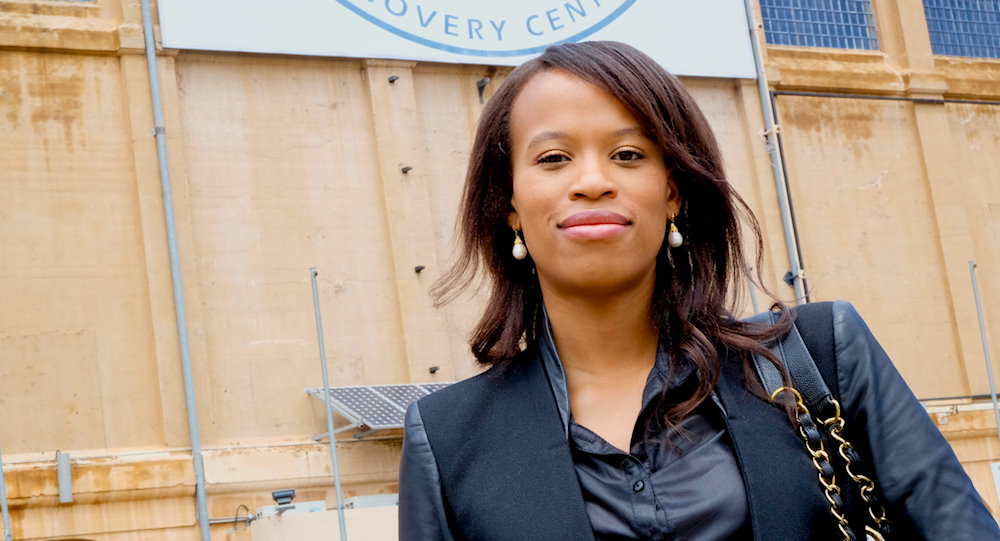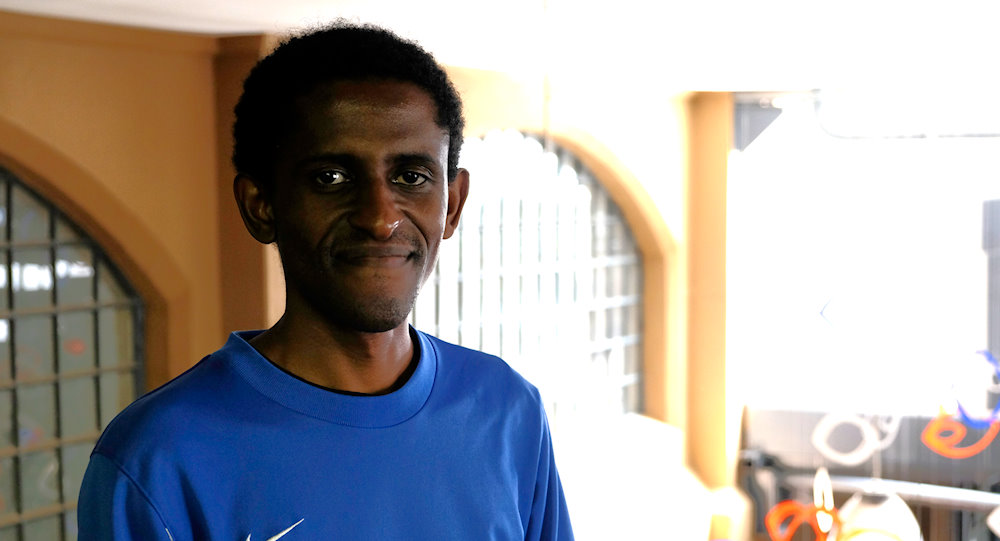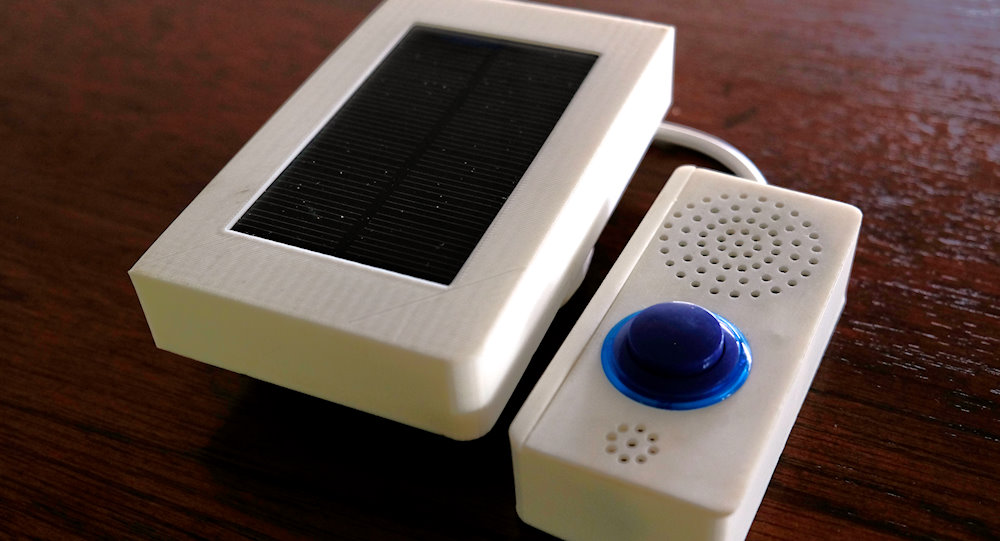Like many great entrepreneurs, Taolo Modisi’s nascent app is designed to solve a problem which she herself was experiencing in real life. As an investment banker traversing the continent, she struggled to find a way to stay on top of her ever-growing contacts list. Business cards to Excel sheets to document scanning apps: nothing quite seemed to work seemlessly.
It’s an issue with which we fully sympathise. Your humble correspondent has hit the 20 000 limit on Gmail contacts so regularly it’s now easier to open a new account than go through redundant entries.
Hence Dial Me Direct, an app-fronted contact directory which she’s working on and has just been accepted into the inaugural #Hack.Jozi Challenge, along with 49 other finalists announced today. #Hack.Jozi is an R5m program fronted by the City of Johannesburg designed to identify and incubate promising business ideas and increase the number of tech startups in the city.
According to Rudy Mathang, MMC for economic development in Joburg: “The aim is to accelerate visionary entrepreneurs in the ICT sector. That’s a priority for the City of Johannesburg, and we believe it will help improve productivity, economic growth and job creation.”

Dial Me Direct, then, is a straightforward address book which syncs with your personal contact database on your phone and can be used to send virtual business cards to other people over Bluetooth. That’s northing new – the idea has been around as long as Bluetooth itself and never really taken off, despite heavyweight marketing campaigns from the likes of Motorola (remember being encouraged to “bump” phones? Repeatedly?).
Modisi’s twist, however, is to expand the remit of the app so that it can pull in data from other sources too: so by hooking into the Google Maps API, she’s built it so that you can use the same app to search for a nearby pizza joint as you do to search for the MD of a company you know. Handy.
That’s not the only idea Modisa is taking into the final stage of #Hack.Jozi either. She’s also working on a video sharing app called Ghost. While we’d be the first to argue that the world needs another video sharing app like it needs another business bard aggregator, there is again an interesting twist to this social network.
Ghost – which Modisi says she’s name because she wants unknown artists, or ghosts, to publish music videos on it – encourages users to load up small amounts of cash into a virtual wallet. Clicking ‘Like’ on a video then donates a tip to the creator.
“There are lots of platforms out there where artists aren’t paid,” says Modisi. The idea is that it could prove popular with local content creators who can’t afford to work for free, and help establish a culture of voluntarily paying to support artists among fans – which again, hasn’t really caught on here yet.
The #Hack.Jozi Challenge is planned as an annual event, with the next round of entries due this coming December. The current challenge will see entrepreneurs like Modisi work through a program designed by the Johannesburg Centre for Software Excellence (JCSE) in Braamfontein, before the number is whittled down to a final 20 who will be coached and mentored to the point that they’re ready to go to market or seek additional funding from elsewhere.

Another hopeful selected for the current phase is local 3D print enthusiast and hardware hacker Pahthwe Senene. His design for an alert system for combatting shack fires – pictured above – is elegantly simple. He’s hooked up an infrared camera to a cheap mobile phone and an a panic button, which is designed to be mounted in a small box on top of a box in the middle of informal settlements.
At the bottom of the mast is a panic button: when residents hit it, the phone dials the nearest fire brigade. While a team is being dispatched to deal with the fire, the control room can keep the line open and control the camera to scan the area and precisely locate where the problem is and how fast it’s spreading.
“Initially I looked at using Arduinos and extra add-on boards to create the electronics,” says Senene, “Then I realised it was cheaper just to use an R99 phone with a relay switch to the panic button.”
The phone is kept charged via a small solar panel on top of the assembly. Senene says that he’s looking at using the same principle to set up cameras and activities for people planning to visit South Africa.
“I want to put it into remote-controlled submarines and cars, so potential tourists can stream video over the web of where they want to visit.”
So if you’re listening, South African tourism board…

